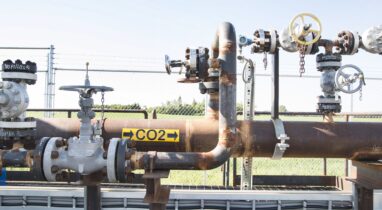Canada’s nuclear expansion faces supply-chain and workforce risks
Canada’s plans to build new nuclear reactors could face major cost overruns and stalled projects if supply-chain and workforce bottlenecks are not addressed, warns a new report released today by Clean Prosperity. Canada has the opportunity to scale nuclear power as part of a broader effort to electrify its economy. There is room to more












